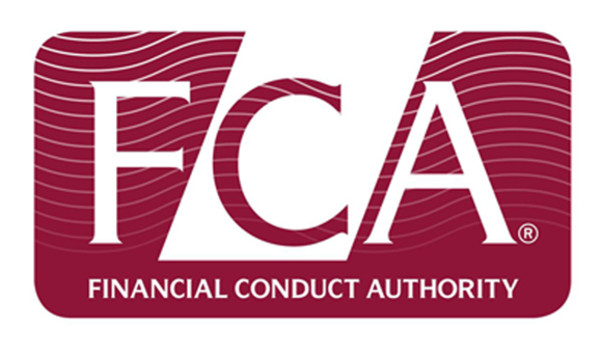

Regulators must be alert to the possibility of platforms introducing exit fees by stealth, even if such fees are formally banned by the regulator, according to Richard Wilson, chief executive of the Interactive Investor platform.
The FCA will soon announce, as part of its platform market study, whether the exit fees charged by some platforms will be banned.
The consultation phase of this work closed on Friday and the final papers will be published later this year. The FCA's interim report report on the topic was published in March 2019.
Mr Wilson said he would welcome such a ban, but added that the regulator must ensure that platforms are unable to find ways to apply the exit fees in a different way by finding loopholes.
He cited the specific example of firms charging an upfront fee of 5 per cent when a client joins a platform, and then rebate this money back to the client as a "loyalty bonus" of one per cent a year over subsequent years.
Mr Wilson believes that if a client leaves within five years, they may not receive all of the fee remitted, and this would have the same effect as an exit fee.
St James's Place runs a model similar to that described by Mr Wilson.
A representative of the company said: "Most products are structured with an initial charge and an ongoing annual charge, but our pension and investment bond products waive the ongoing annual management charge for the first six years so that clients benefit from the full value of growth in the initial years of their retirement planning with SJP.
"Instead these products include something called an early withdrawal charge, which will only be applied should a client decide to cash in their investment over this initial six-year period.
"This early withdrawal charge is scaled at 6 per cent of the value of a client’s fund in the first year falling annually to zero in year 6. As, on average, our clients remain invested with St. James’s Place for 14 years, early withdrawal charges are not incurred by the vast majority of clients."
Mr Wilson said: "Exit fees ‘lock in’ customers to services that may not be cost effective or adequately serve their needs. They are a major barrier to a competitive market place and an industry-wide ban is the only right thing to do."
But he said he wants the FCA to adapt the definition of exit fee to capture other equivalent arrangements.
The definition should capture "fee or charge imposed on a client in connection with a request to exit the service or transfer to another service provider (with the exception of any charge for advice provided in connection with the exit or transfer) or any other arrangement that has materially the same impact as such a fee or charge."
In its consultation on the platform market, the FCA emphasised it was aware of the issue. The regulator wrote: "We want to ensure that any ban on service-related exit fees does not lead to a ‘waterbed effect’ where new exit fees are imposed."
Mike Barrett, consulting director at the Lang Cat, said platform exit fees should be banned, and that the reason often cited by platforms for levying such fees was not valid.
He said: "Many platforms say they levy exit fees because there is an administrative cost, and if they don’t charge a fee to a client leaving a platform, then the clients that remain on the platform must bear the cost of those that are leaving.
"But I don’t agree with that, because all clients leave eventually so it evens out."
Mr Wilson said: "Whilst we acknowledge that there are administrative costs associated with account closure and/or transfers, in relative terms these are inconsequential.
"We stopped applying exit fees in late-2017 and formally removed them from the ‘Rate Card’ in late-2018. We have not implemented any new charges to ‘recover’ this income."
Ben Hammond, consultant at Altus, said the key must be for platforms to be transparent about what charges are for, and not to try to disguise exit fees by labelling as product fees.
david.thorpe@ft.com



